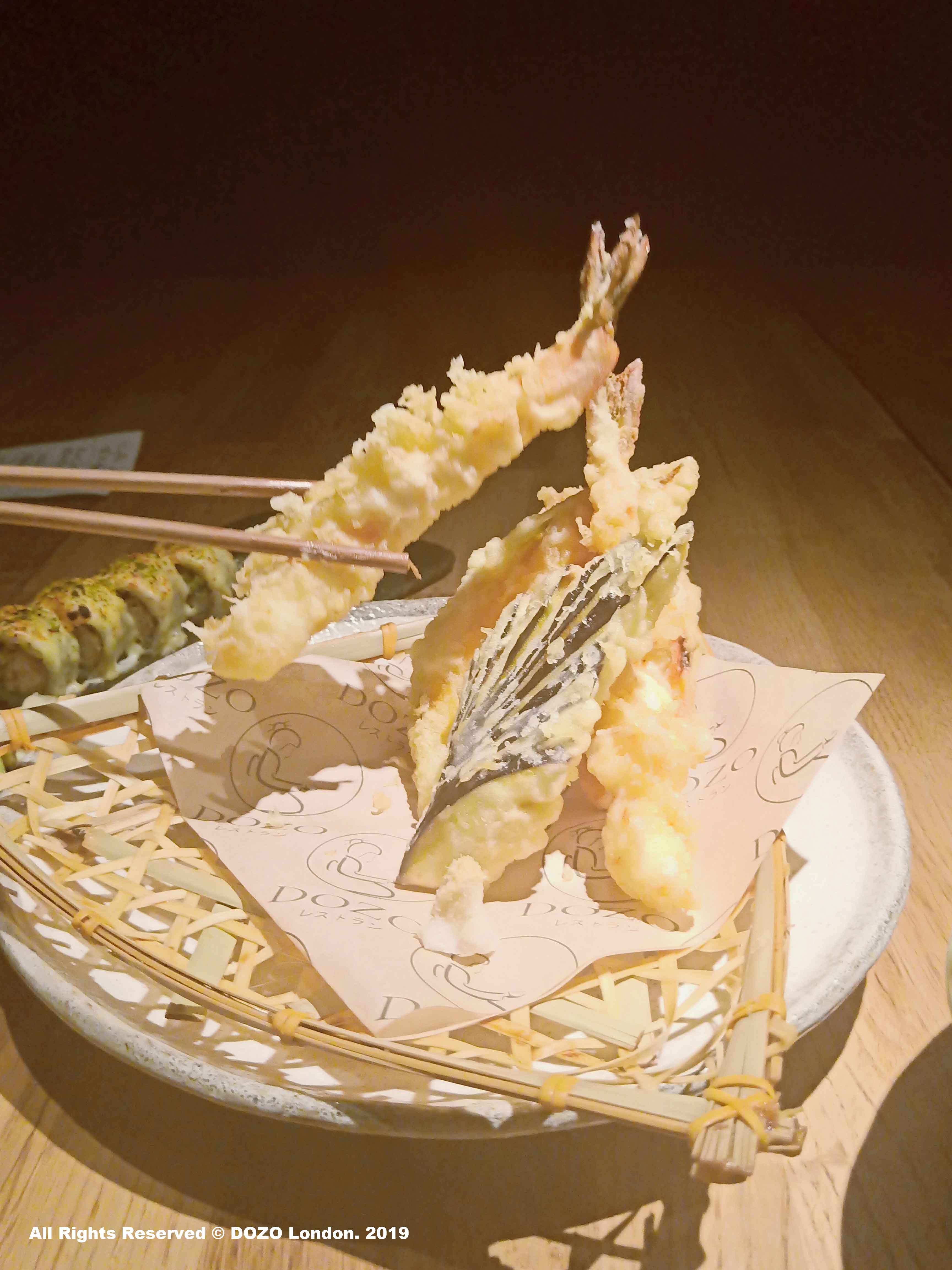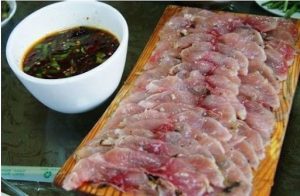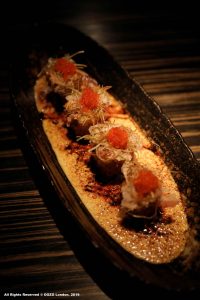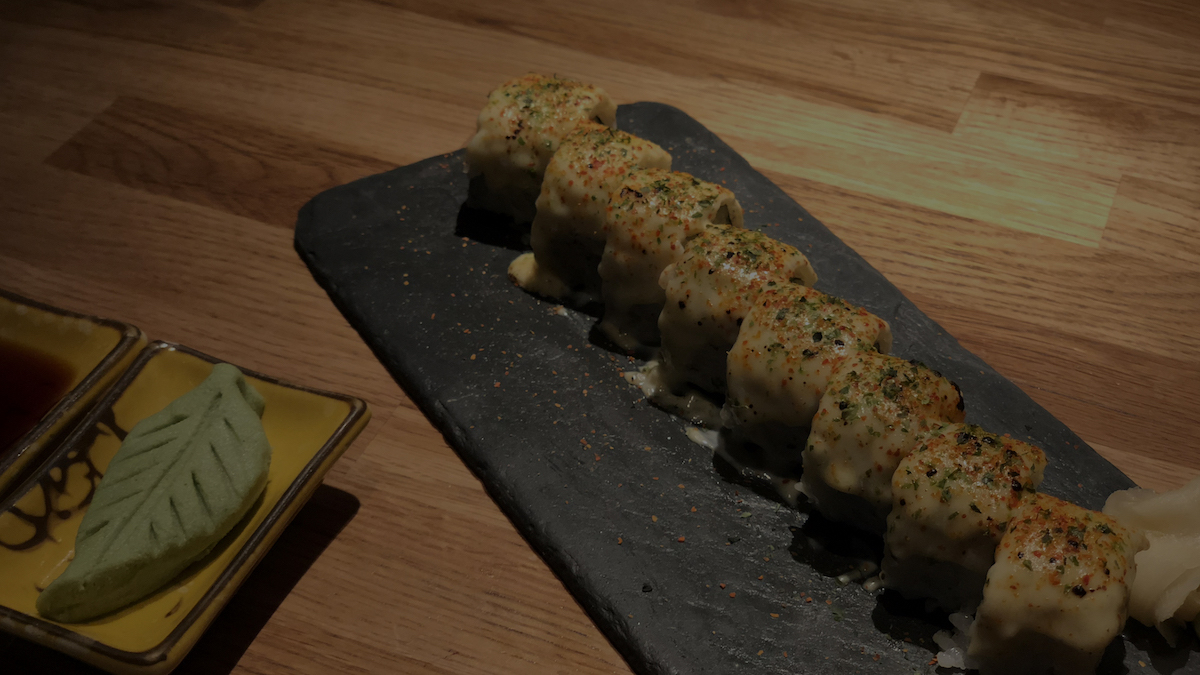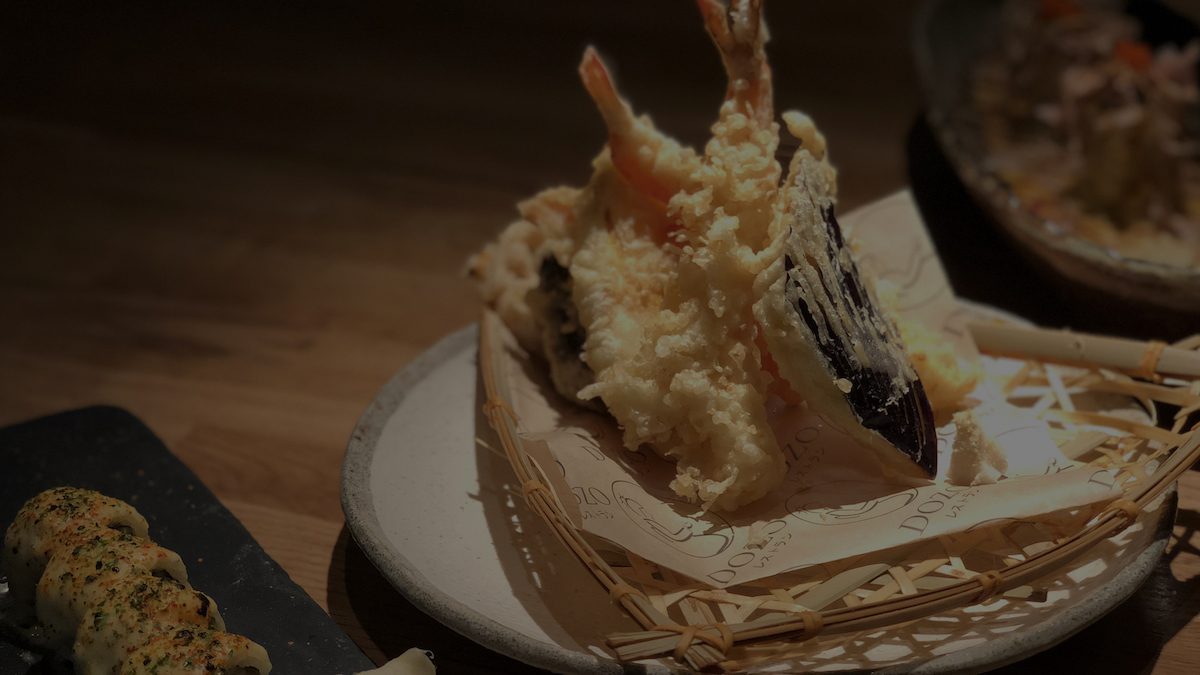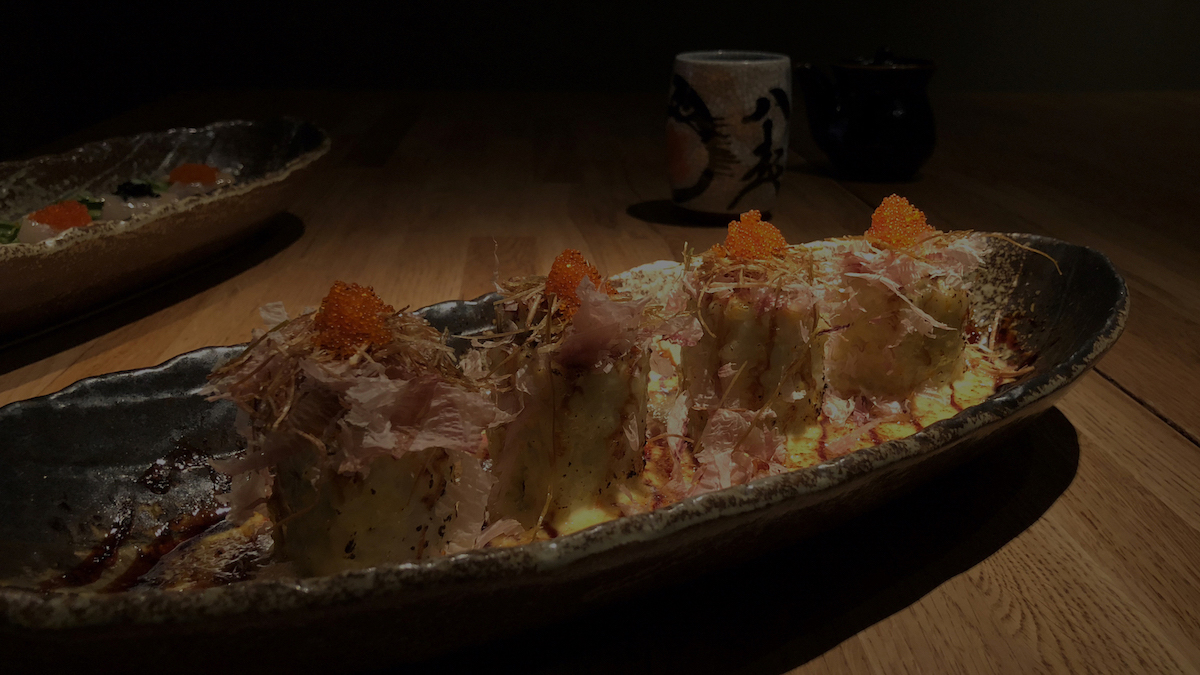In the realm of gastronomy, Japanese cuisine stands as a testament to a profound culinary philosophy that extends far beyond the art of preparing and consuming food. Rooted in a rich tapestry of tradition, seasonality, and an unwavering respect for the intrinsic flavors of ingredients, Japanese culinary practices embody a harmonious blend of philosophy and artistry.
At the heart of Japanese cuisine lies a reverence for nature’s rhythm, evident in the meticulous attention paid to seasonality. Each dish is a temporal snapshot, capturing the essence of a particular season’s bounty. The cherry blossoms of spring, the vibrant greens of summer, the earthy mushrooms of autumn, and the purity of winter snow all find their way onto the plate. This connection to the seasons not only celebrates the diversity of nature but also ensures a freshness and authenticity that defines the Japanese dining experience.
In the pursuit of culinary excellence, Japanese chefs adhere to the principle of “shun” or seasonal timing. This philosophy dictates that ingredients are used at the peak of their flavor, allowing the natural essence to shine through. It’s an acknowledgment that nature provides each ingredient with a moment of perfection, and it is the chef’s role to capture and convey that moment to the diner’s palate.
Furthermore, Japanese culinary artistry extends beyond taste to embrace the visual and tactile. The meticulous craftsmanship involved in knife skills, the precision of ingredient placement, and the artful arrangement on the plate all reflect an aesthetic sensibility deeply rooted in Japanese culture. The presentation of a dish is not merely an afterthought but a deliberate act, an expression of respect for both the diner and the ingredients themselves.
Central to the philosophy of Japanese cuisine is the concept of “umami,” often referred to as the fifth taste. Beyond sweet, sour, bitter, and salty, umami represents a savory and satisfying flavor that elevates dishes to a higher level. It is the essence of dashi, the soul of soy sauce, and the foundation of miso soup. Umami epitomizes the quest for balance and completeness in every bite, reflecting the Japanese belief that a harmonious meal is one that engages all the senses.
In the realm of Japanese culinary etiquette, the use of chopsticks and the emphasis on communal dining also reveal a deeper philosophy. Sharing food is an act of unity, a celebration of togetherness that transcends the act of eating itself. It is a reminder that the dining table is not merely a place for sustenance but a communal space where relationships are nurtured and bonds are strengthened.
In essence, Japanese cuisine is a profound expression of a cultural philosophy that transcends the kitchen. It is a celebration of nature, a symphony of flavors, and a testament to the artistry of meticulous craftsmanship. Beyond the delectable bites, it invites diners to partake in a holistic experience where tradition, seasonality, and a deep respect for the ingredients converge in a culinary masterpiece.

